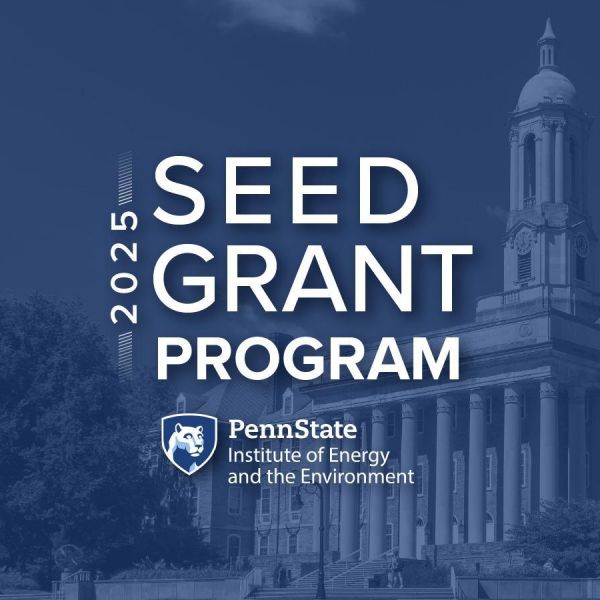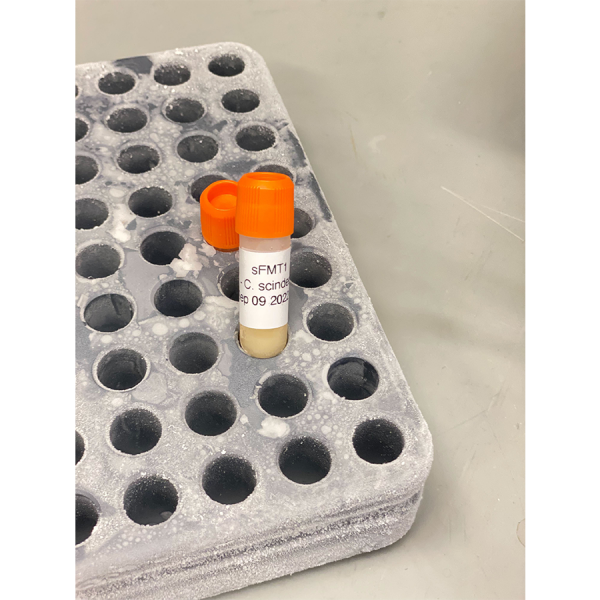News

Jan 22, 2026
Penn State students take top honors in video challenge on the value of research
A team of students working in Andrew Patterson's lab used their experience in research and storytelling to advocate for federally funded research and take top prizes in the Science Coalition’s 2025 Alyse Gray Parker Memorial Student Video Challenge
Full Article

Jan 16, 2026
New genomics, metabolomics instruments added to Huck facilities
Recently acquired scientific instruments have enhanced the research capabilities of two Huck facilities.
Full Article

Dec 09, 2025
Two College of Ag Sciences faculty earn spots on highly cited researchers list
Francisco Dini-Andreote and Andrew Patterson in Penn State’s College of Agricultural Sciences are among the most highly cited researchers in 2025, according to the Clarivate Analytics Web of Science Group.
Full Article

Oct 28, 2025
Modern methods in biological research course to be offered in spring 2026
Huck Institutes of the Life Sciences core facilities are offering a new course for spring 2026, Modern Methods in Biological Research, for upper-level undergraduate students and graduate students studying in the life sciences.
Full Article

Oct 27, 2025
Spotted lanternfly may use ‘toxic shield’ to fend off bird predators
Spotted lanternflies may season themselves to the distaste of potential bird predators, according to a new study led by entomologists in Penn State’s College of Agricultural Sciences.
Full Article

Oct 06, 2025
Core facilities open house welcomes new researchers
More than 120 researchers attended the first-ever Huck Core Facilities Open House last month, which featured informational posters, opportunities to talk with facilities staff, and even some interactive demonstrations.
Full Article

Sep 16, 2025
September open house to showcase Huck Institutes instrumentation facilities
The Huck Institutes of the Life Sciences will host an open house event on Wednesday, Sept. 24, to advertise the high-tech instrumentation and expert consulting services available in its 11 core facilities.
Full Article

Sep 02, 2025
Andrew Patterson named Huck associate director for shared and core facilities
Patterson, Huck Chair in Molecular Toxicology, champions discovery through collaboration at Huck’s core facilities.
Full Article

Jun 24, 2025
Ten interdisciplinary research teams awarded IEE seed grants
Ten interdisciplinary research teams have received funding through the Institute of Energy and the Environment’s (IEE) 2025 Seed Grant Program.
Full Article

Mar 04, 2025
Synthetic microbiome therapy suppresses bacterial infection without antibiotics
Precise, targeted treatment using limited strains of gut bacteria effectively protected against C. difficile infection, severe symptoms and recurrent infections in mice.
Full Article